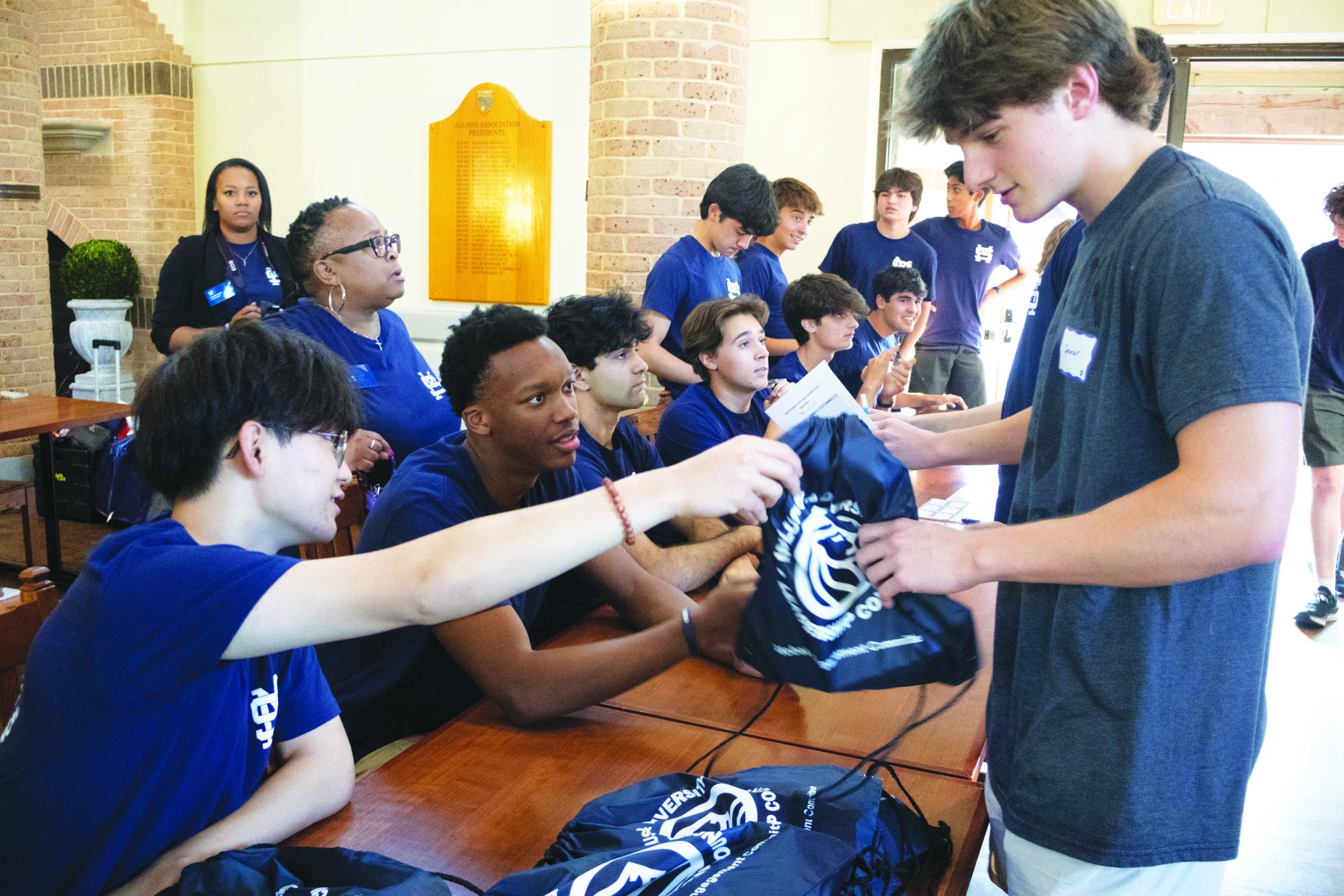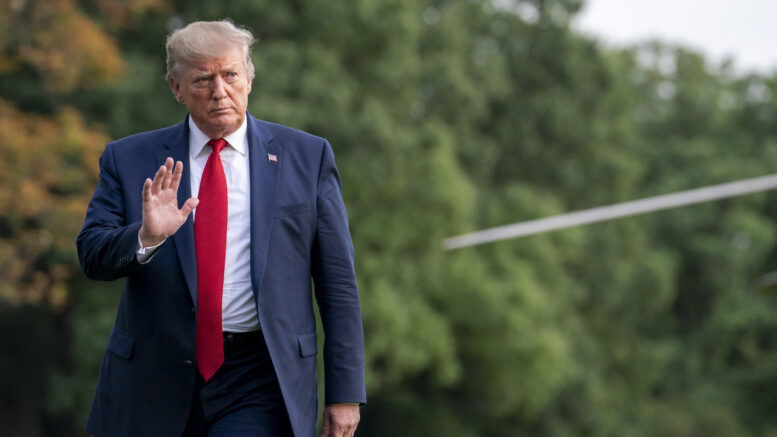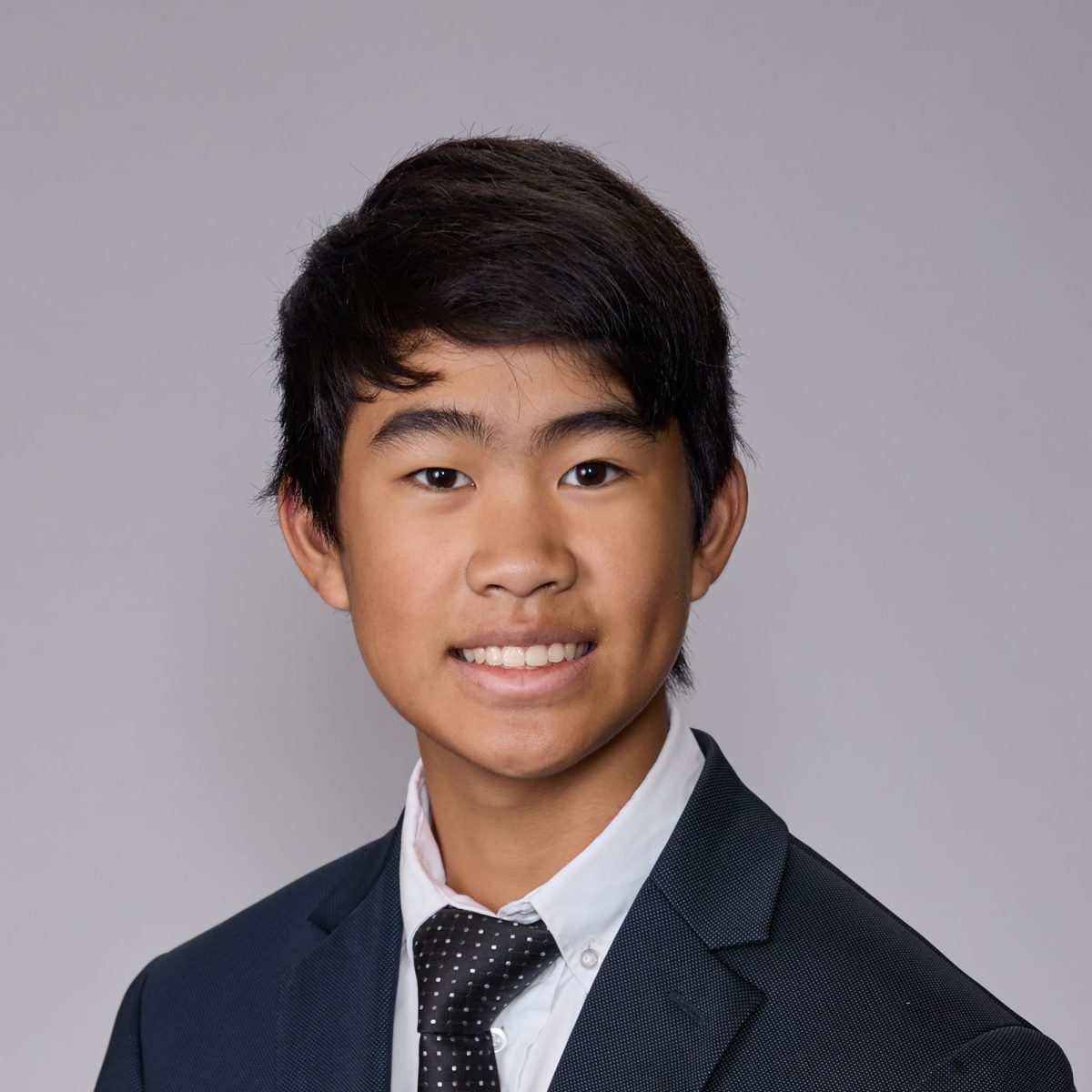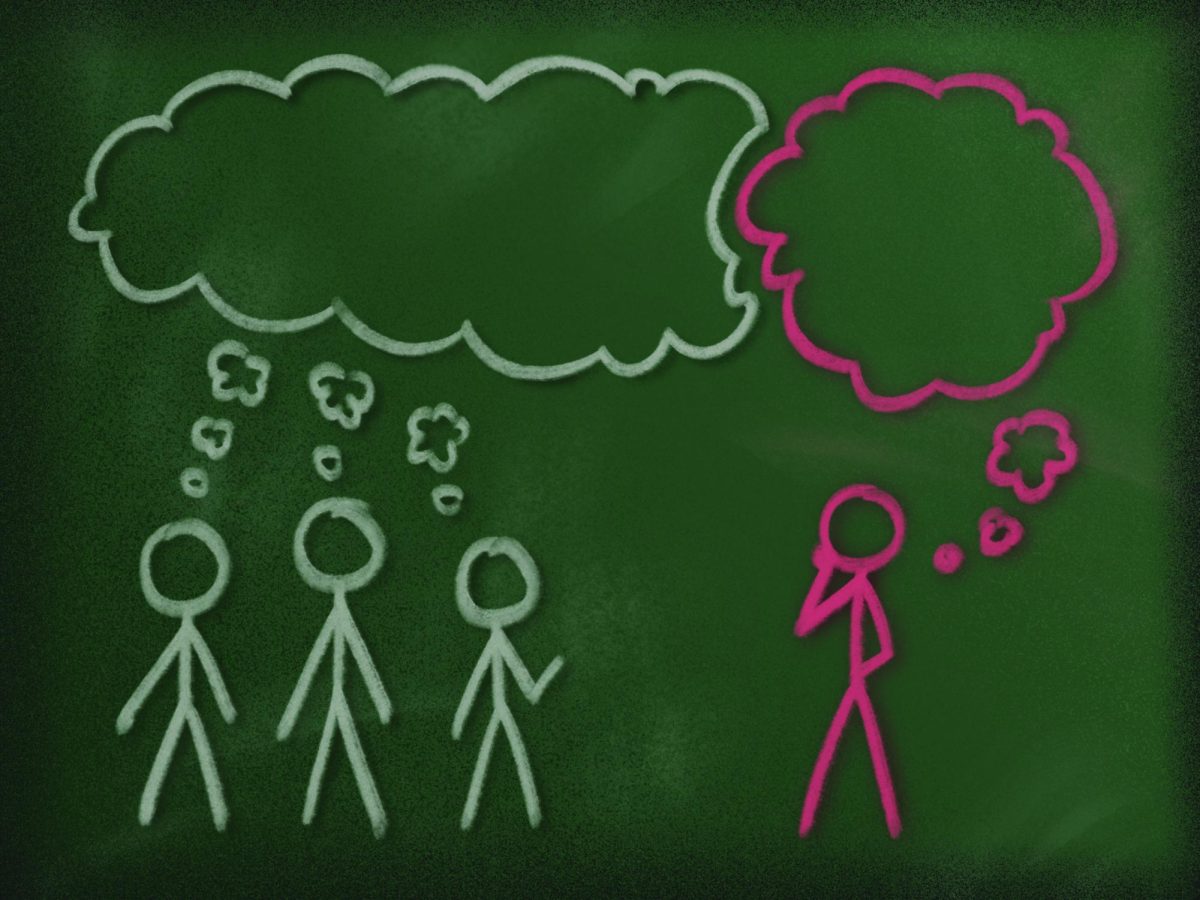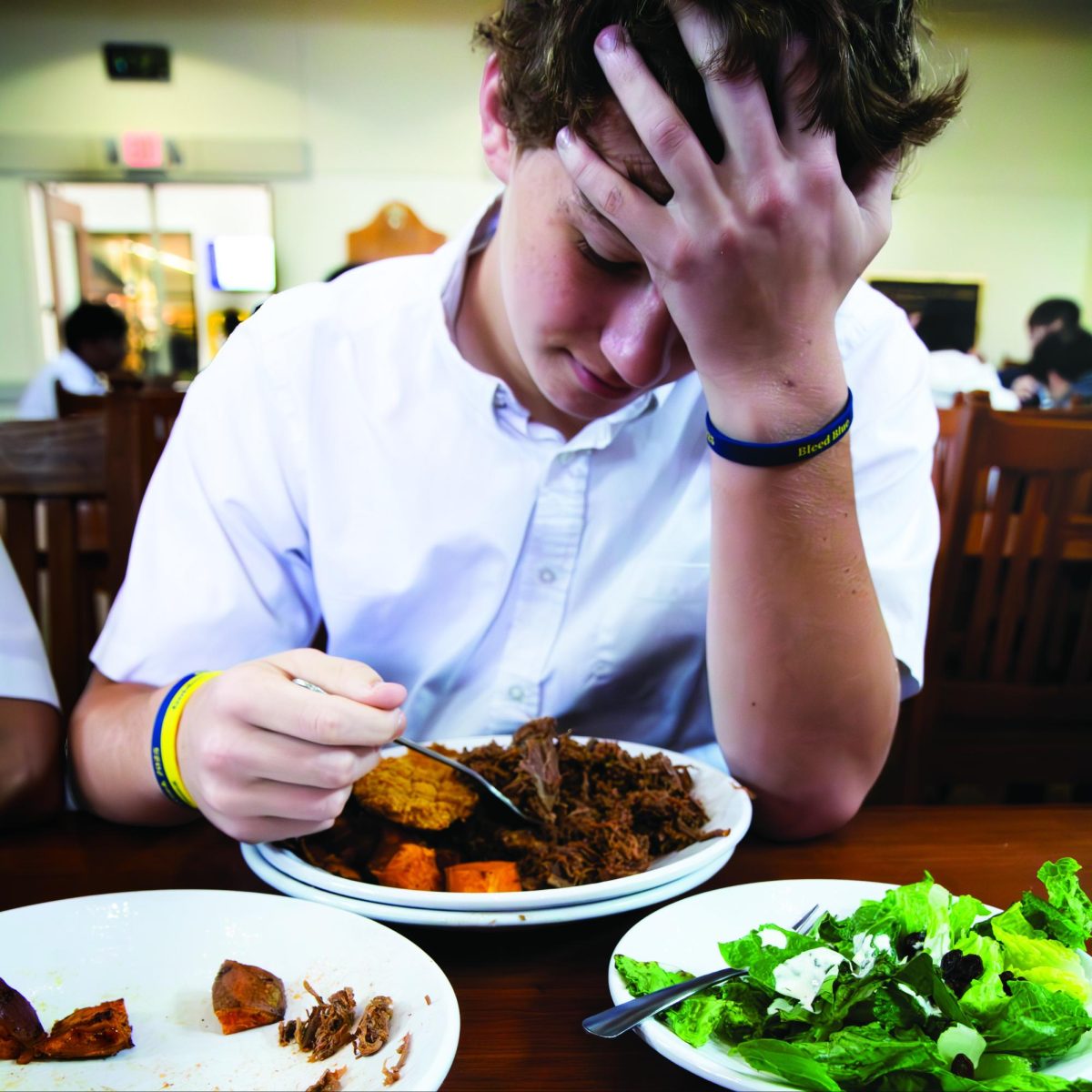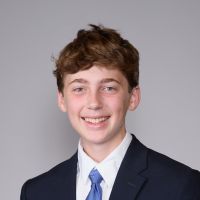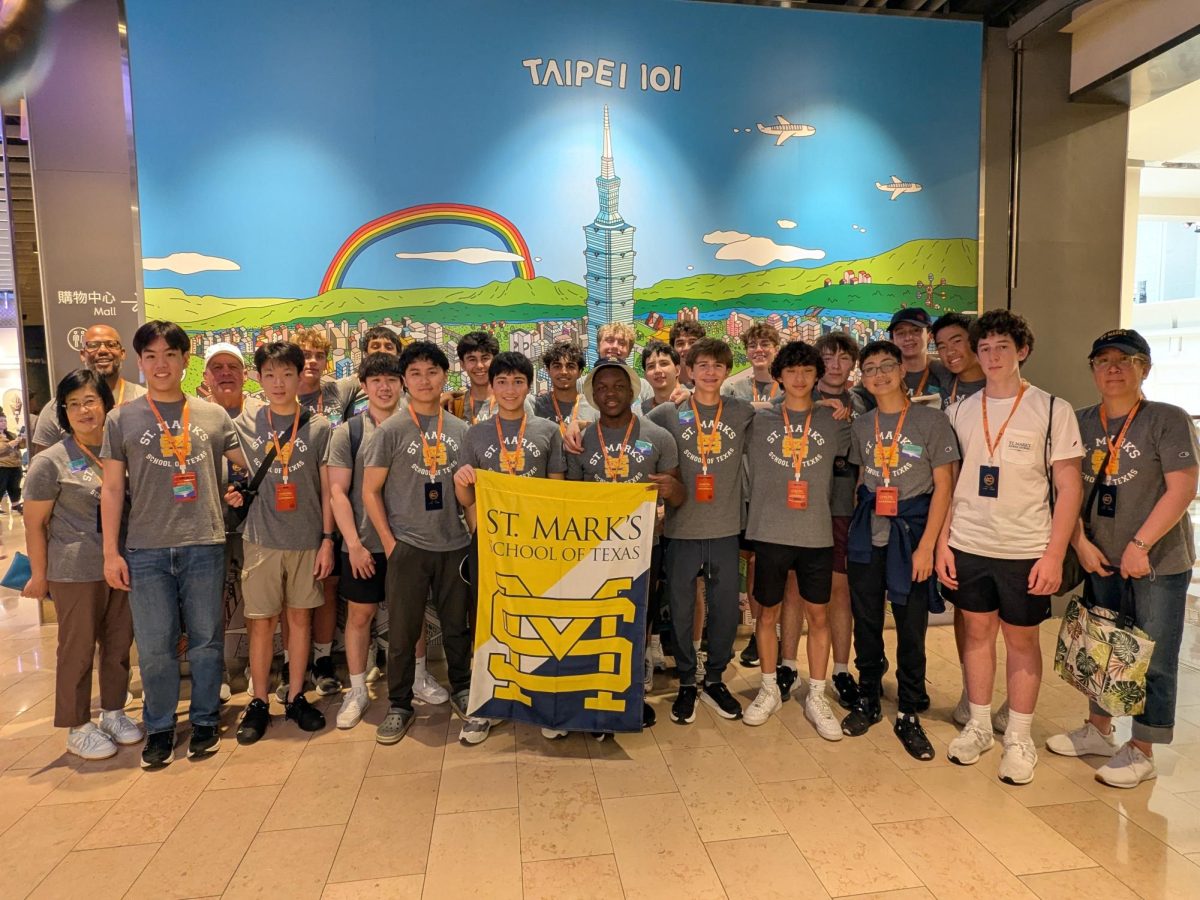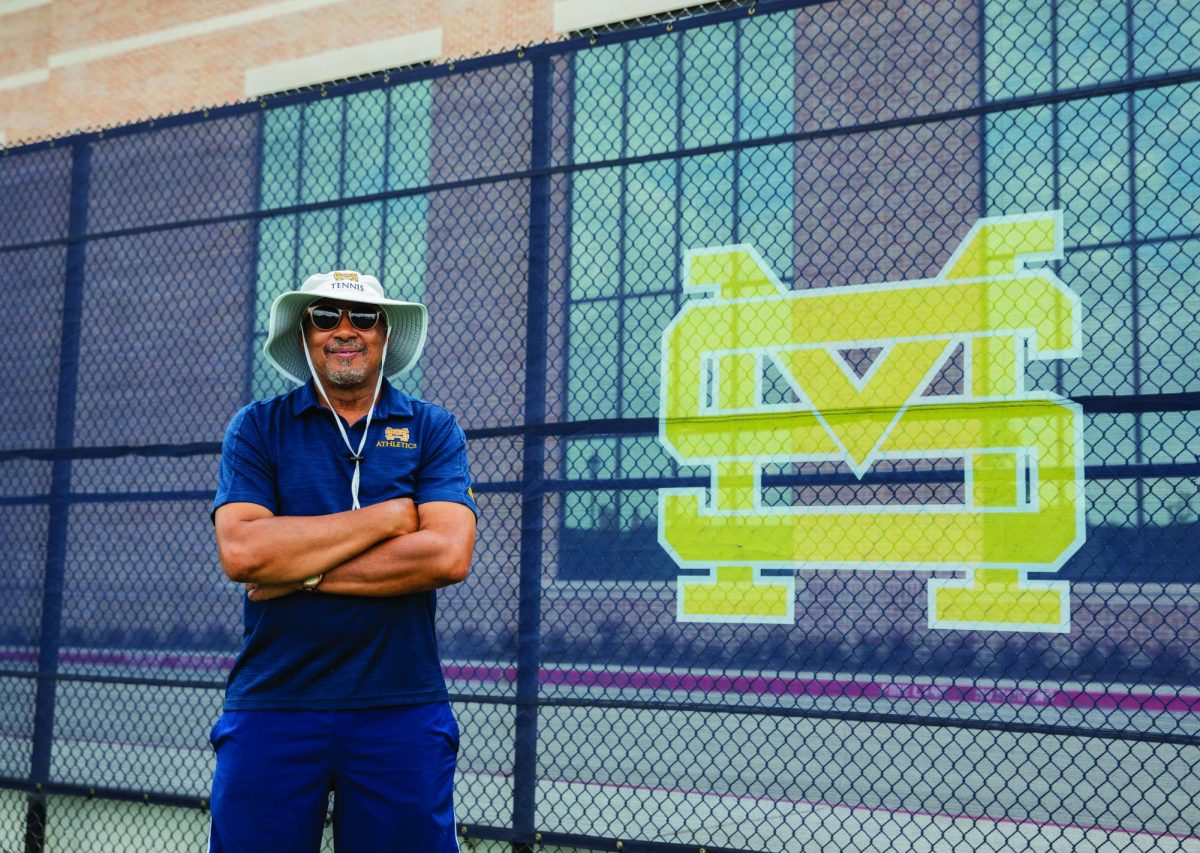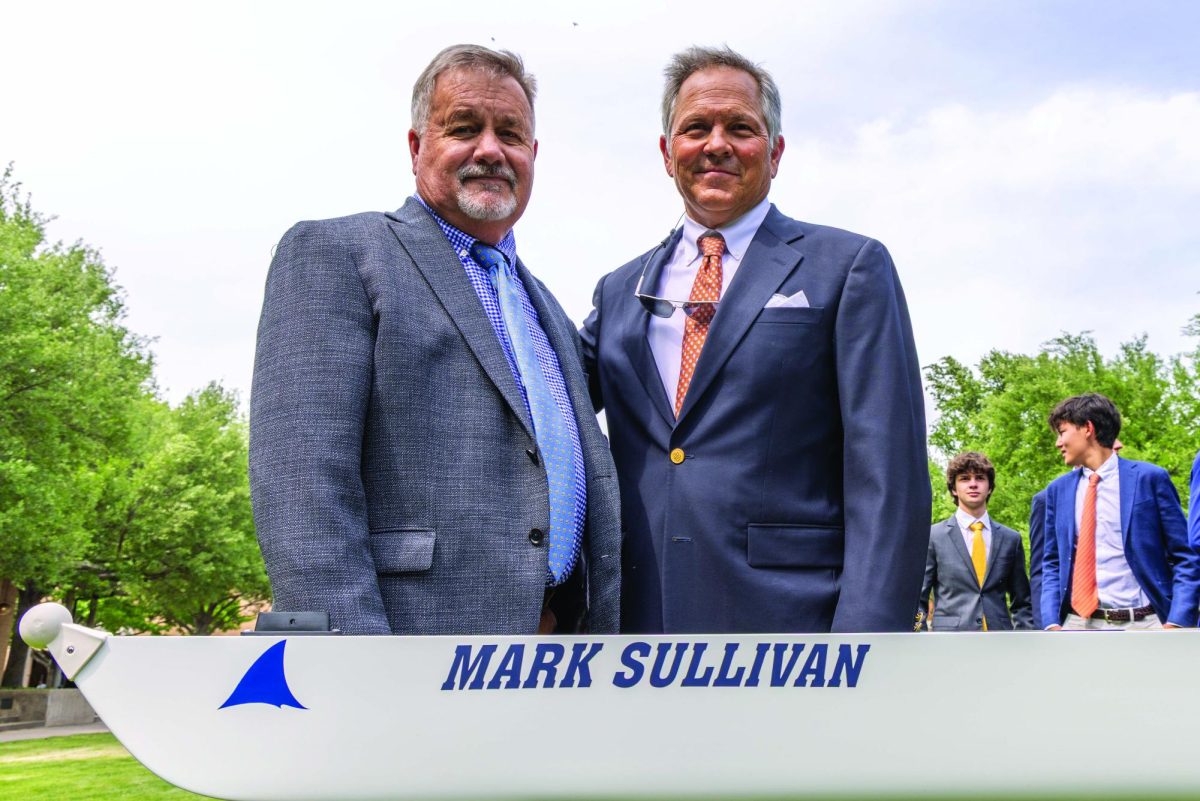Shouting matches. Arguments at the Thanksgiving table. A simple handshake being a big deal.
These are just a few of the scenes that have marked modern political discourse. It’s a problem that has caused many people to sound the alarm on how we share our opinions on a day-to-day basis, but this pressing issue also has often seen little action or improvement. With modern tools like social media and AI intensifying what is already a hazy political landscape, the change has just become the new norm for some.
But with a divisive and fiercely contested election just on the horizon, the Global Engagement Committee (GEC), formerly known as SM Dallas Area Diversity Youth Organization (DADYO), decided to take this dilemma into their own hands, hosting an Oct. 9 discussion to consider how people can stand by their opinions but show civility at the same time.
For senior and GEC co-chair Rahil Panchbhaya, creating a shared environment for students to freely contribute thoughtful and constructive ideas was key to the discussion’s success and emblematic of the core idea at the center of the discussion.
“Our objectives are to have active listening with open discussion,” Panchbhaya said. “We want the conversations to flow freely, spark engaging conversations about the questions at hand, the topic and hopefully, inspire some sort of action in someone’s mind.”
The conversations highlighted the impact of elections on society and the importance of making an educated vote — a particularly pertinent skill for the many Marksmen who are entering the fray of politics and voting for the first time.
Major topics of discussion centered around recognizing the inequalities in society in order to foster a more inclusive, unified society, bolstering political cooperation and reducing polarization and examining the historical events that have shaped the American identity.
Andrew Hofmann, a sophomore and member of the IDLC, the organization that manages the GEC, recognizes that political discussions can spark controversy, but he believes the most difficult conversations can often be the most impactful.
“Everyone has their opposing ideas,” Hofmann said. “Everyone has some different views on various topics, and I think it’s important to take those into consideration and have these tough conversations. The election is an important topic to cover, and without having these kinds of conversations, you can’t understand the other American citizens around you.”
Students repeatedly stressed the importance of national inclusivity and unity, noting that despite differing opinions, mutual respect is key to working together to address the country’s challenges.
“I think a simple rule is ‘respect whoever you’re talking to,’” Hofmann said. “Understand that they’re part of the same country. They’re the same as you, Americans, and their opinions are valued as much as your own.”
The new nature of the GEC and its discussions has also led to some renewed attention. Former English teacher David Brown, who now serves as the school’s Director of Character & Leadership Education, has made an effort to explicitly include the school’s principles in GEC discussions.
“I met with (GEC sponsor) Lorre Allen to talk about how our Character & Leadership mission might support her work,” Brown said. “I listened to her provide some details and examples of her daily work with students to bring more awareness to situations that call for inclusion and diversity, like mock interviews and mentorship in IDLC meetings.”
In particular, he saw the focus of the GEC, which is to promote well-informed civil discourse, as especially related to the school’s core values, such as leadership, excellence, integrity and diversity.
Another significant focus of the discussions was on the importance of voting, especially for eligible voters who may not realize the weight of their voice in an election. For some seniors, this election represents the first time in their lives that they will be able to participate.
“The main headline of the event is, ‘Your Vote Is Your Voice,’” Panchbhaya said. “So, we want to encourage people as much as possible who do have the opportunity to vote to get out there. Hopefully, through our discussion and showing just how important voting is, we can show them that it is their responsibility and that they can make an impact with their vote.”
Panchbhaya hopes that the discussions will not only promote voter engagement but also spark broader interest in open conversations among students, leaving a lasting change.
“The goal is to foster change for anyone who comes to St. Mark’s through open conversations with all the schools together,” Panchbhaya said. “Hopefully, at the end of the conversations, some of these discussions can be carried out outside of the room.”



